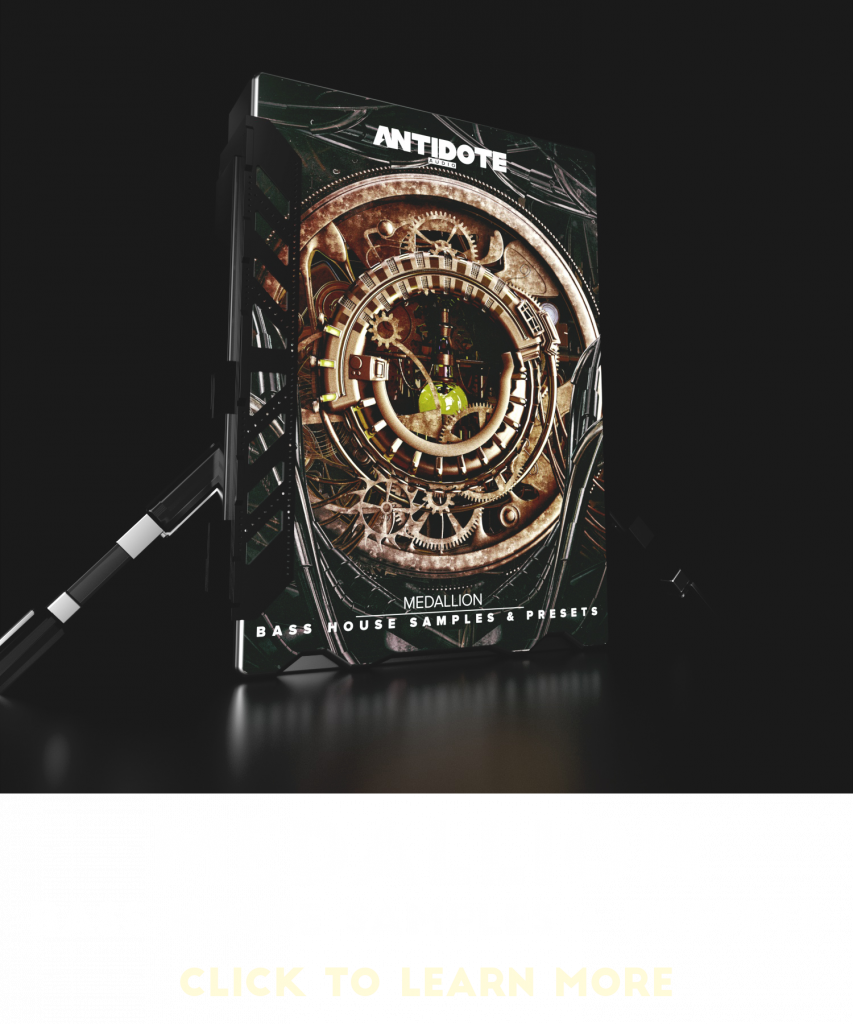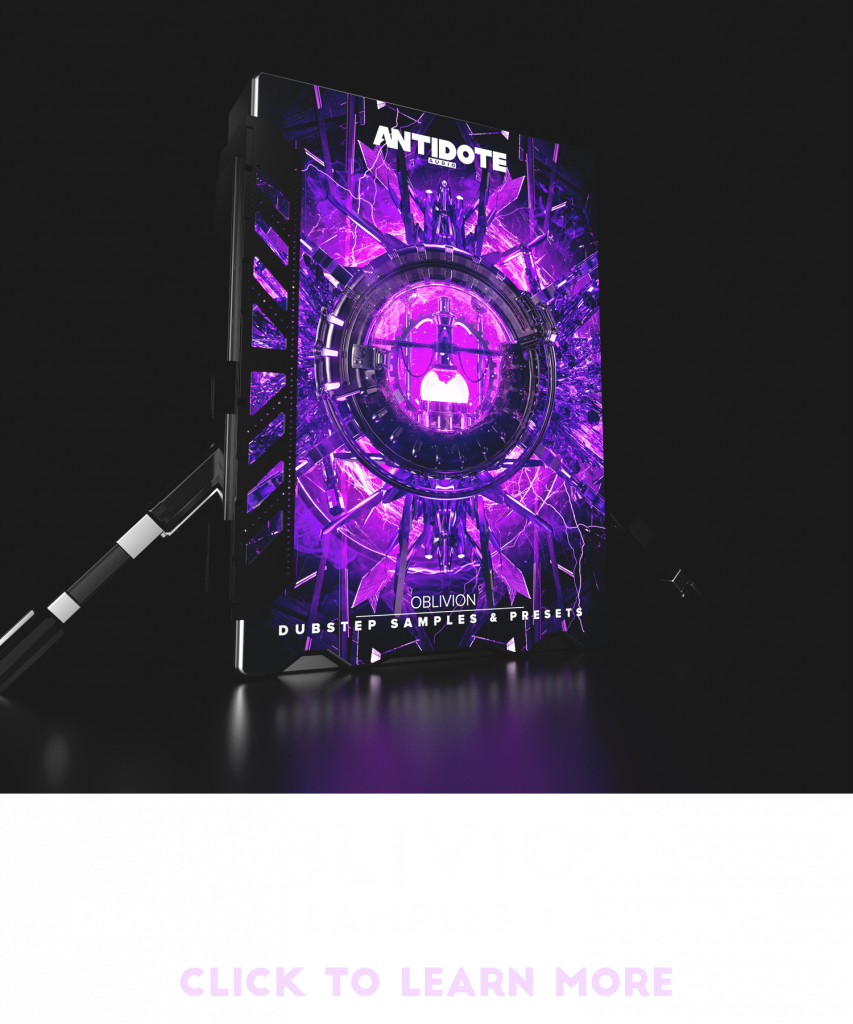Sidechain compression is one of my absolute go to top tips I recommend to all beginner producers. It is a staple of electronic music production. I can almost guarantee that if you’ve listened to any electronic music you would have heard sidechain compression in action countless times. So learning how to sidechain, is a must!
A classic example of early sidechain in ‘edm pop’ would have to be on Daft Punk’s “One More Time” in the classic pumping of the brass sample and vocals.
So what is Sidechain Compression? And if you’re not too sure how to sidechain in Ableton, this is the guide for you!
Normally when you set up a compressor, the compressor receives its input from the same channel you have it on and will compress the track according to your settings you have dialled in, such as threshold and ratio etc etc. So if you switch the input to an alternate source, the compressor won’t be reading the input of the track you have the compressor on, instead it will be reading an input from your alternate source.
The most common use is to place a compressor on a bass channel and set it to be triggered from a kick drum. This will allow the bass to compress and therefore duck in volume when the kick drum plays which creates 3 awesome effects. 1, the kick drum cuts through the mix and it sounds punchy. 2, the bass has some added groove with a pulse. 3, your low end isn’t becoming “muddy” since the kick and bass aren’t playing at exactly the same time.
With that being said, let me walk you through sidechain compression in ableton (and you can watch the tutorial above if you want to see and hear it in action)
You’ll want to start by dragging in Ableton’s standard Compressor (from the audio effects sidebar) onto the channel you’ll want to sidechain. For this example we’ll want our bass to be compressed whenever our kick drum plays. So we will load this Compressor effect onto our bass track.
Then click the down arrow in the top left of the compressor to open the sidechain module.

Once the Sidechan module is open, next click the Sidechain button below the down arrow. This should turn the button yellow.
Next we’ll want to select our Sidechain trigger. By default the “audio from” source should be set to have “no input.” By clicking “no input” we can open the menu to select our Sidechain trigger. Like I said above, we’re setting up this sidechain so our bass will duck in time with our kick. So we’ll be selecting from our “audio from” menu our Kick Drum track.

(If your kick drum is inside a Drum Rack, you can set your first “audio from” to the Drum Rack and the 2nd to the Kick drum pad channel)
Now that we have the Kick Drum volume feeding into our Compressor. It’s time to dial in the settings, this can be done with the ratio, attack, release and threshold. (see my go to settings in the image)

Ratio – How much Compression (how squished)
Threshold – How much “trigger” you want to come through
Attack – How fast/slow you want the sidechain to activate
Release – How fast/slow you want the compressor to let go
And there we go! How to sidechain in ableton, once you get the hang of it and hear it in your mixes, you’ll want to use it all the time to help get a super clean mix!
And if you want to see it and hear it in action, check out the tutorial on it here as I cover normal Sidechain Compression, Volume Sidechain and Multiband Sidechain in ableton!
Or if you’re ready for the next trick, check out this epic Skrillex trick inside of Ableton by clicking here





